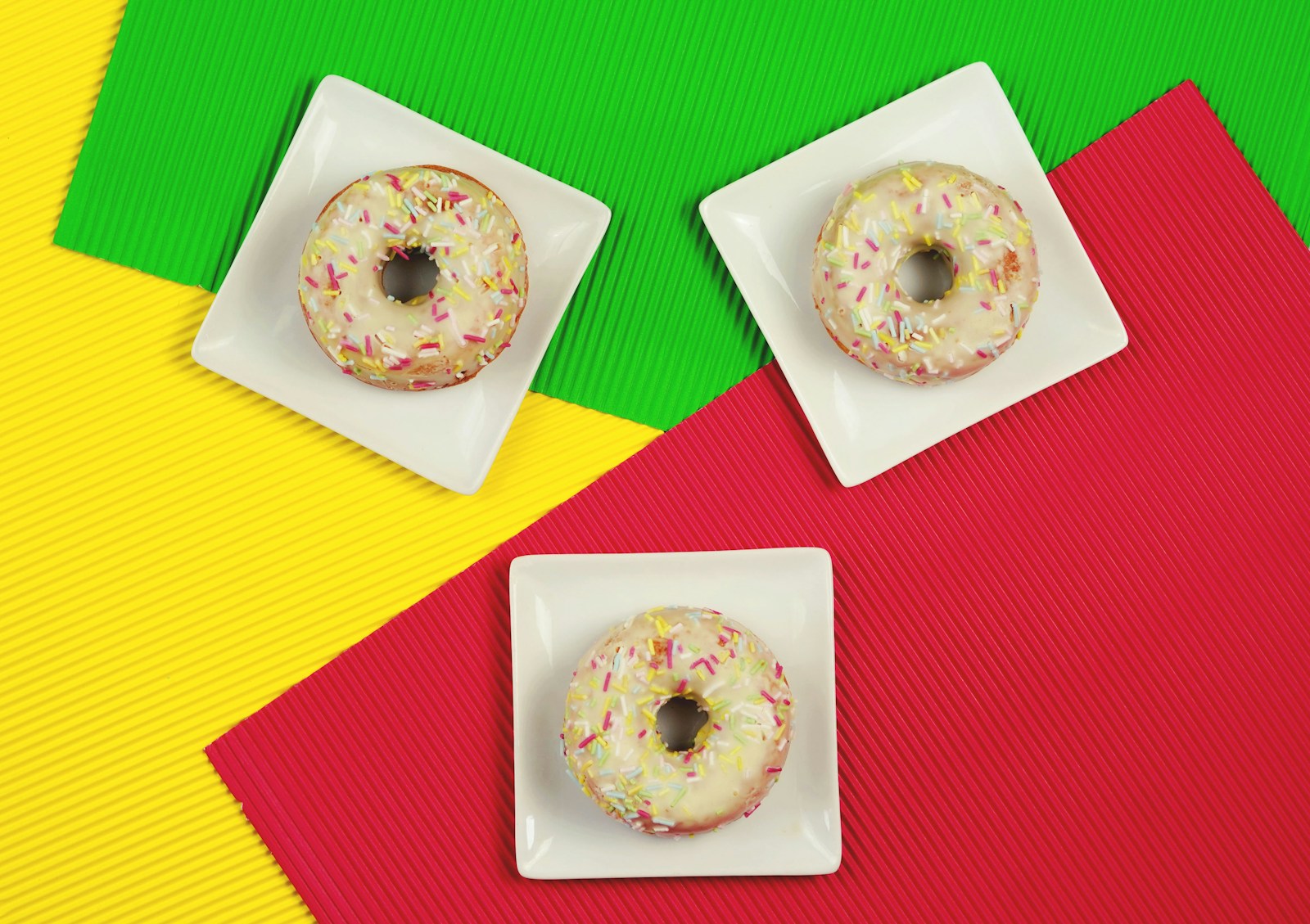
糖
tang2

sugar
The Chinese word for 'Sugar' is '糖'. It is used in the same context as in English, to refer to the sweet, crystalline substance that comes from various plants, mainly sugar cane and sugar beet, which is used to sweeten food and drink. Examples of use could be '他喜欢在咖啡里加糖' (He likes to add sugar to his coffee).
Example sentences using: 糖
糖已经溶解了。
Táng yǐjīng róngjiě le.

The sugar has already melted.
In this sentence, the '糖' or sugar has already dissolved, probably in some form of liquid.
这糖真甜。
Zhè táng zhēn tián.

This sugar is really sweet.
This sentence emphasizes on the sweetness of the '糖' or sugar tasted by the speaker.
糖是甜的。
Táng shì tián de.

Sugar is sweet.
The sentence is stating the obvious fact that sugar, represented by '糖' in Chinese, is sweet in taste.
糖放多了。
Táng fàng duō le.

Too much sugar was added.
This sentence is expressing that an excessive amount of sugar, or '糖', was added in some food or drink preparation.
我喜欢吃糖。
Wǒ xǐhuan chī táng.

I like to eat candy.
This phrase is fairly straightforward, saying that the speaker enjoys consuming sweets or candy, with '糖' meaning 'candy'.
糖要适量。
Táng yào shìliàng.

Sugar should be moderate.
This sentence suggests that one should consume '糖' or sugar in moderation, likely as a health advice.
我对糖过敏。
Wǒ duì táng guòmǐn.

I am allergic to sugar.
The person is stating that they suffer from a '糖' or sugar allergy.
咖啡里无糖。
Kāfēi lǐ wú táng.

There is no sugar in coffee.
This sentence is saying that there's no '糖' or sugar in the coffee, perhaps as a result of a brewing choice or preference.
糖不能替代爱。
Táng bùnéng tìdài ài.

Sugar cannot replace love.
This is a figurative statement saying that '糖' or sugar (or anything sweet and pleasant) cannot replace emotional needs like love.
糖和盐一样重要。
Táng hé yán yíyàng zhòngyào.

Sugar is as important as salt.
A comparison is being made between '糖' or sugar and salt, saying both of them have equal importance, likely in a culinary context.